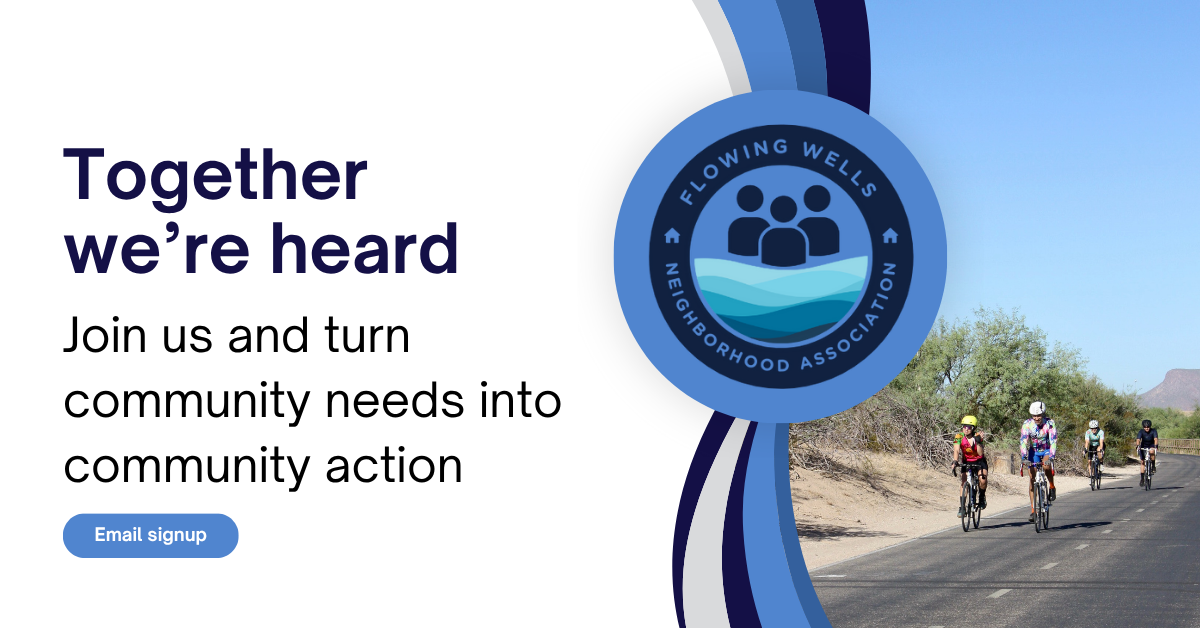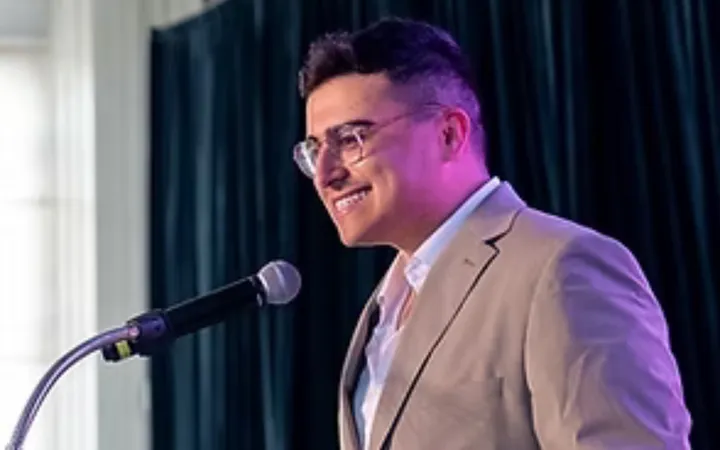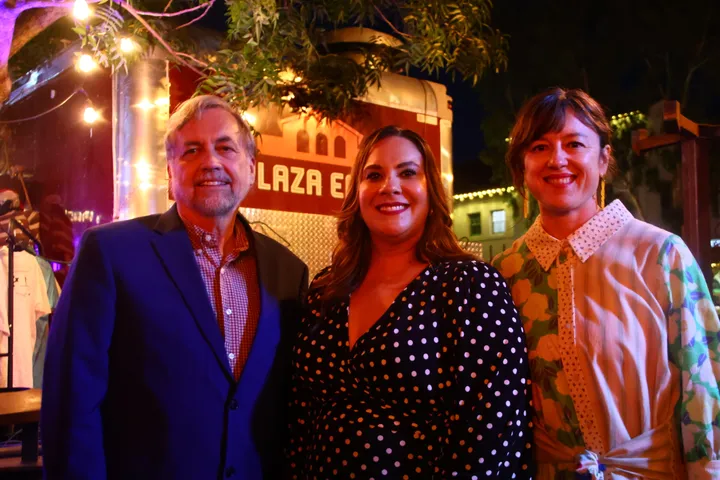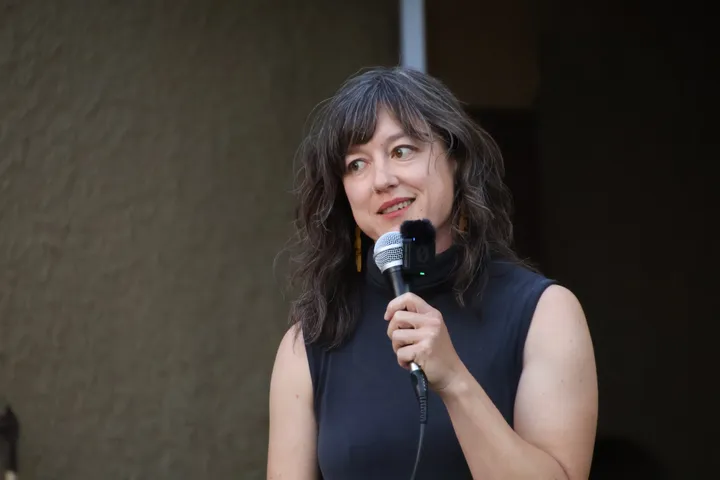Dahl centers campaign on Tucson’s core needs
Ward 3 Councilman Kevin Dahl is seeking reelection with a focus on affordable housing, public safety, and protecting Tucson’s water resources.
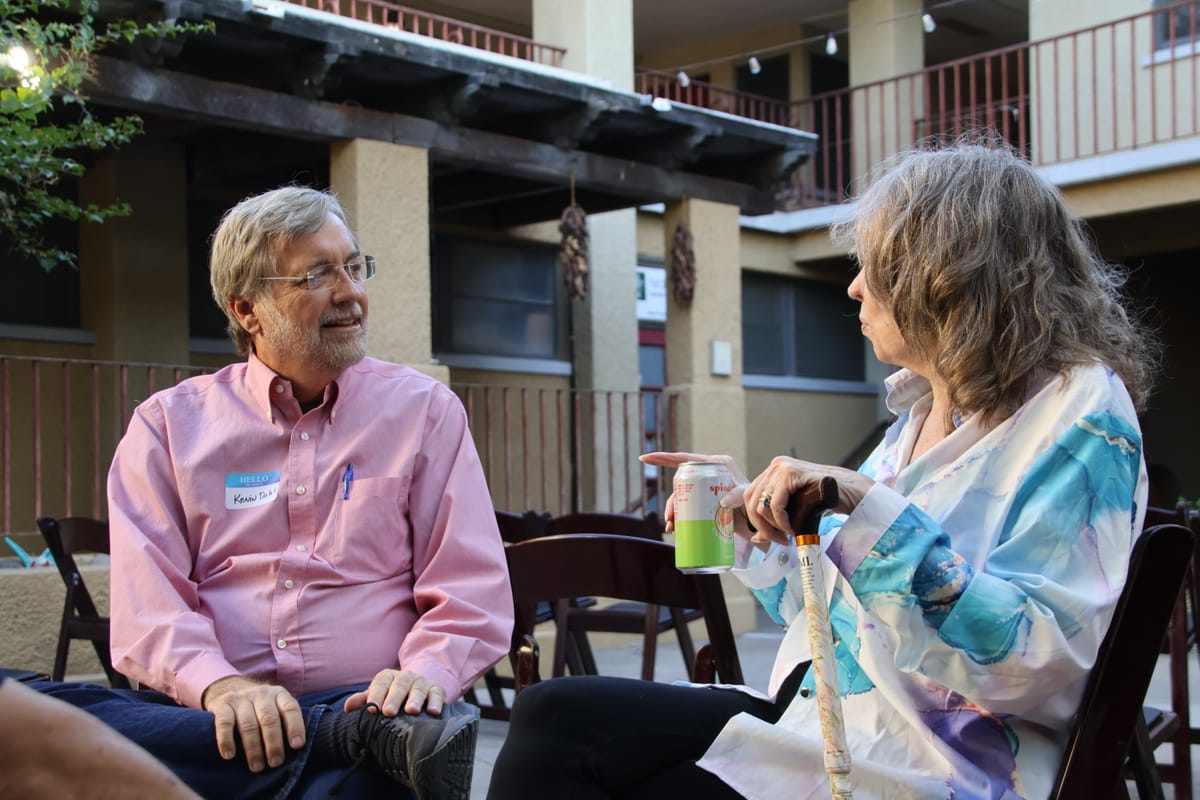
From affordable housing to public safety, Ward 3 Councilman Kevin Dahl says his reelection bid is about keeping Tucson livable, ensuring residents have homes, feel safe, and can rely on the city’s core services.
A 40-year resident of Ward 3, Dahl said he feels strongly about the community and has emphasized the continued importance of environmental conservation, neighborhood resilience, and safety.
He’s being challenged for his seat by Republican Janet “JL” Wittenbraker in the Nov. 4 election.
Tucson Spotlight spoke with candidates in each contested race about their views on the City Council’s role in addressing Tucson’s most pressing challenges, including housing, public transportation and water.
“I’ve been working on these issues for four years, and I like what the city is doing,” he said. “We have a Housing First policy, and when I came into office, we had funding from the Infrastructure Investment and Jobs Act and the American Rescue Plan Act that we were able to put into housing programs.”
Many of the housing projects have proved successful, Dahl said, including Tucson House, which was originally a luxury apartment complex but has since been repurposed into the city's largest public housing project.

Dahl also pointed to the Wildcat Inn, which now operates as a transitional housing shelter, and STAR Village, a new sanctioned camp for women and transgender individuals with a vetted application process to determine eligibility.
“People are without housing for a variety of reasons: domestic abuse, economic reasons where you don’t have family support, you've lost your job and cannot afford to live anywhere, the use of drugs, especially fentanyl and meth these days, and mental illness,” Dahl said, adding that it’s hard to address those issues when a person is vulnerable and living on the street.
Alongside public housing efforts in Ward 3, Dahl said he’s also concerned about public safety — both for residents and for people experiencing homelessness.
“Many Tucsonans think that we’re uninvested, that we’re not investing enough in public safety,” Dahl said. “I tend to agree with them. I know that we need a whole new fire station on the east side, and if we had more police, Tucson would be safer, because I think we have an excellent police force.”
Public transportation is another major issue for Dahl, who said he’s long supported fare-free transit because of the benefits it offers the community.
“It’s a great benefit to people who don't have a car to get to their job, for people who are looking for a job who don’t have a car,” he said. “It’s great for students, for people who have a job and can save money by not driving their car. It's great for people on the road who drive cars because it takes people off the road.”
And while Dahl agrees there needs to be more safety on buses, he does not believe that issue is tied to fares.
“Any expansion or improvement of service will only happen if we can get a dedicated source of funding,” he said. “So I’m floating an idea of a quarter-cent sales tax proposal, so that voters can decide.”
The city’s fare-free transit system has come under fire recently, including from Dahl’s opponent. Wittenbraker said she’s prioritized “creating a safe and clean environment while building economic opportunities and jobs for everyone.”
Beyond transportation and safety, Dahl said planning for Tucson’s future means protecting its most vital resource: water.
Conservation remains a priority for Dahl, who said he’s invested in long-term planning surrounding the city’s water supply.
“The biggest issue around water is new industries coming in that would require a lot of water,” Dahl said.
Water use has been a constant topic of public conversation since this summer, when Pima County approved the sale of a parcel of land to a data center backed by Amazon Web Services. The project sparked heated debate after revelations that it could use hundreds of millions of gallons of water annually, prompting protests and leading the city to unanimously reject its annexation.
Dahl stressed the importance of the city protecting its residents from new industries like these.
“Normally, the free market allocates resources, but there have got to be guardrails, and the city of Tucson has to protect the residents from those decisions being made outside of the City of Tucson,” he said.
Nya Belcastro is a University of Arizona student and Tucson Spotlight intern. Contact her at nya2005@arizona.edu.
Tucson Spotlight is a community-based newsroom that provides paid opportunities for students and rising journalists in Southern Arizona. Please consider supporting our work with a tax-deductible donation.
